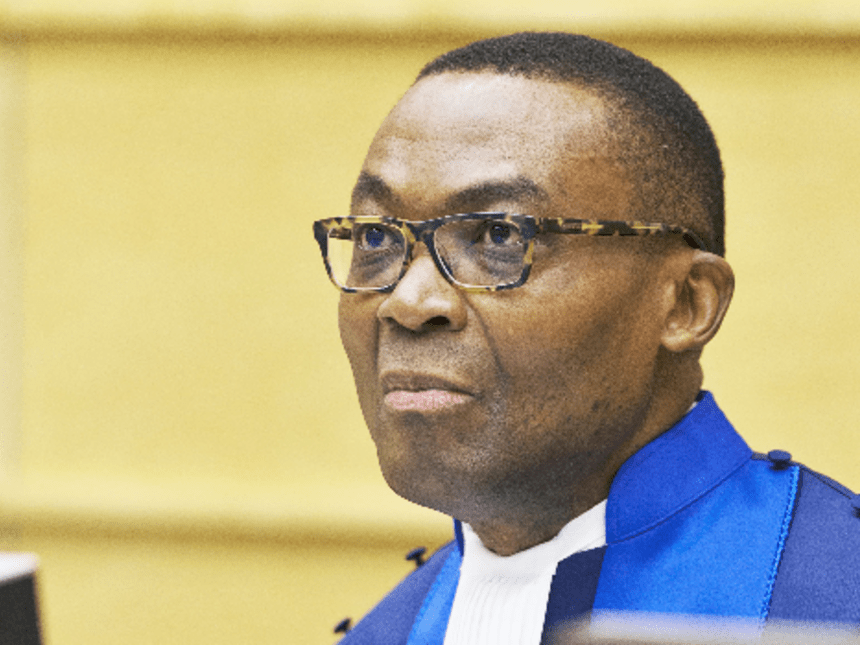
President of the International Criminal Court (ICC), Justice Chile Eboe-Osuji, has hinted that the global institution may assume jurisdiction over corruption cases in the future.
In an interview with The Guardian in Abuja during his visit to Nigeria, Eboe-Osuji noted that embezzling funds meant for development while citizens suffer pains for lack of amenities was a crime against humanity.
Admitting that graft as a crime was not part of the jurisdiction of the court, he, however, warned that nothing says it should not be so in the future.
According to him, corruption thrives because the national system was not willing or unable to deal with it and as such, there was nothing wrong with having an international back-up system as a last resort against treasury looting.
He said: “ When somebody loots the treasury of a country when that money could be used to develop the healthcare system for instance, and people die in the hospitals because the money has been turned away, or you suppose to build roads and that is not done and people die on the roads; when you total the number of casualties, you begin to see the proportion of misery that corruption can bring on the society and you will see no reason why that cannot be something to consider for the ICC in future.
“After all, there is no country in the world where people are free to loot. Every country has a criminal law against corruption. It is just because it is not in force effectively.”
Eboe-Osuji also admitted tendency for external influence on the court but insisted that the institution had been able to resist the attempts.
While calling on countries to leave the court to do its job, he stressed that it was dangerous to politicise justice delivery, as according to him, “politics and justice do not mix well.”
The judge added: “I can tell you that the tendency is certainly there but the idea is to resist it. Somehow, I don’t want to call it a natural tendency. Politics and justice do not mix well. They are strange bird fellows.
“It is for countries to realise that the rule of law is for everyone. For it to be done properly, you should not try to politicise the court of law.
“If we are not vigilant, that will happen in the ICC but we are vigilant about it and we are resisting it with every bit of our strength. And we are calling upon states to stay away and allow the judges to do their work.”
